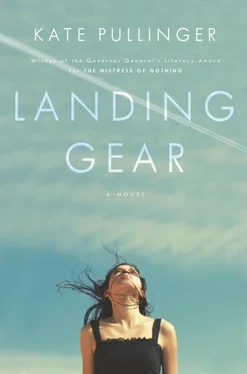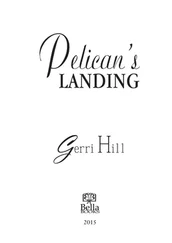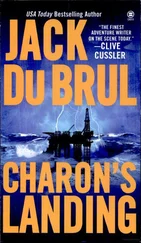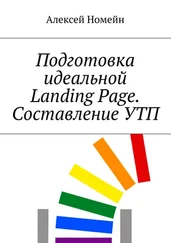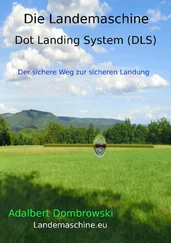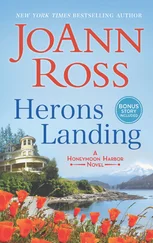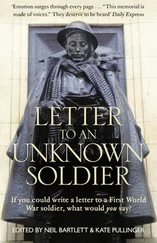How soon, he wondered, is too soon to leave?
He pulled up his hood, zipped up his coat, said thank you and goodbye to David McDonald’s dad and set off back down the street, past house after house, car after car, house after house, car after car, all the way home.
The next morning, Jack slept in, and when he got up he went straight onto his games console. He ignored his phone, not wanting to have to lie to Frank and Abdul about what a great time he had had at the party. It wasn’t until after he’d had some lunch, taken a shower, got dressed and turned on his laptop that he heard the news: David McDonald had died.
Imran’s driver dropped Yacub off at the labour camp early the following morning. As soon as he walked into the courtyard, he knew something had changed. The food supplies donated by Imran’s girls had been moved, locked away safely, he hoped, but that wasn’t it. Half the doors to the rooms on his side of the block hung open. Yacub moved from door to door—the rooms were empty. The men were gone. On the second floor, the same. The last door on the second floor was closed. Yacub knocked. He heard someone stirring. He banged hard with his fist.
“Mahmoud,” he shouted, “wake up.”
“Okay okay okay,” Mahmoud mumbled. He opened the door. Mahmoud had plans to learn to surf once he’d made his fortune. He was going to California, to ride the big wave. At least, that’s what he told everybody. Yacub liked Mahmoud, he was open and friendly; sometimes he reminded him of Farhan.
“Where is everyone?”
Mahmoud rubbed his eyes and looked at Yacub. “What are you doing here? You have papers.”
“I have papers—yes, of course I have papers. Where is everyone?”
“Oh man oh man oh man,” said Mahmoud, shaking his head. “Bad luck bad luck bad luck, Yacub.”
“What?” said Yacub. “What bad luck?”
“You, my brother. You.” Mahmoud shuffled back over to his bunk and sat down. “You see, I don’t have papers. I came here under a false name. Because of that business in Karachi. Stupid. It wouldn’t have made any difference anyway. So I don’t have papers.”
“Stop talking about papers! What happened?”
“Pakistani airlift, my man. Ministry of Labour. One hundred and fifteen of them. The coaches arrived yesterday afternoon, took everyone with papers to a plane. Where were you?”
“I went with Imran and the girls.”
“Ooh, what was that like?” Mahmoud’s look went from mournful to lascivious. “Maybe not such bad luck after all?”
Yacub could not reply.
“Okay, I’m sorry. Listen, if you go to the council with your papers, I’m sure…”
But Yacub wasn’t listening. He walked along the landing to the stairs. He went down to the big kitchen. A group of Indians he knew were sorting through the food supplies and cooking. “What are you doing here?” they asked. “You have papers.”
“Don’t ask,” he replied. He slumped against the kitchen wall. His friend Ravi helped him up and over to a seat. He ate a bowl of rice and dhal, but he couldn’t taste it. Last night with Imran he’d eaten chicken for the first time in five months, he’d eaten chicken and thought he was the luckiest man in Dubai, while one hundred and fifteen of his Pakistani colleagues were being airlifted home without him.
The limo driver had dropped the girls off at the hotel, before delivering Yacub and Imran to Imran’s surprisingly modest flat. They sat outside on plastic chairs around a plastic table and the bug zapper buzzed violently overhead every few minutes. Imran drank whiskey and talked. “If you worked for me you’d make enough money in a month to leave this place.”
Yacub sipped his lemonade and nodded politely. The night air was dry and warm and the city glowed behind them.
“I am doing so well now, I don’t need the construction business,” Imran continued. “I work for myself. I could go back to Karachi, but what would be the point of that? There’s no money for people like you and me in Pakistan.” He put his arm around Yacub’s shoulder. Yacub could smell the alcohol on his breath. “There’s no way to get ahead.”
Yacub felt bemused that Imran would speak so freely, as if the two men had something in common beyond their Pashtun heritage. If Imran wanted to pretend that they were friends for the evening, equals even, and that Yacub was not a former worker left to suffer in the dust of the abandoned labour camp, that was fine with him.
“But I’ll bet you a thousand dirhams that after a month of working here, you won’t want to leave. That’s not a job offer, mind you,” he said. “Don’t get any ideas.”
Yacub rinsed his bowl and placed it on the big metal drainer. He went to his room—his roommates were well and truly gone. He packed his few possessions into a plastic bag. Yacub set off, walking.
I was up and dressed and had made the house respectable. My son was upstairs asleep. It was eight o’clock on Sunday morning, and I was listening to the news on the radio in the kitchen when I heard my husband come through the front door.
I walked through the door and into the house.
I had no idea what to say to my wife.
We’d been married for fourteen years.
We’d got married the month before Jack was born;
we moved into this house two months before that.
My wife kept her secrets, but they were old
secrets now. What was I going to say to her?
I called out, “Is that you?”
“It’s me,” I replied. I put down my suitcase.
I took off my coat and hung it up. I stood
for another moment in the doorway.
“I’m in here,” I said.
I went through to the kitchen. I was wearing the
new clothes that Marina had helped me buy.
Dark grey trousers, a cashmere pullover, a pair
of shoes. I’d had a haircut. I’d lost a bit of weight.
I’d brushed my teeth on the plane. I smiled at
my wife.
“Oh,” I said, “you look different.” I put one hand on the counter to steady myself. “You look…” I stopped talking.
I could see that she knew. “Yeah,” I said,
and I nodded. “Yes.”
I took a step toward him. I hadn’t trusted anyone in my life as much as I trusted Michael. It couldn’t be true. But it was true. I could see it on his face. My heart stopped and started again, as though it was freezing. Tiny shards of ice pierced my skin as I moved through a vast cloud of ice toward him—my hair snapping, my face cracking, my hands and feet becoming brittle and sharp. I felt myself shatter. As I moved toward him I felt a great wide surge of pain.
I watched Harriet and felt nothing. In my mind’s
eye I saw Marina’s hair as it fell against my face,
as she leaned low to push her body against mine.
I kept hearing that Prince song, “Purple Rain.”
It took all my concentration to prevent myself
from singing. But then as I moved toward Harriet,
I was overwhelmed by a terrible vertigo, as though
if I looked down I’d see the earth was no longer
beneath my feet. I had stepped through the front
door of our house and into a gaping void, a hole,
an empty sky, and I was falling out of my marriage.
I was falling out of my life.
Upstairs, Jack was not in fact asleep but wide awake, had been for hours. Information was flooding in through his networks, and he had no idea how to tell which bits were true and which were not. David McDonald had died in Ruby’s arms. David McDonald had died in the street. Six people—no, ten people—no, two people—were in intensive care, Ruby among them. Half the kids at the party had been arrested and charged with drug offences. No one had been arrested. David McDonald had taken smack, he’d taken K, he drank a whole bottle of vodka and choked on his own vomit. He’d jumped off the roof of his house because he thought he could fly. He’d taken a little red pill with a devil’s face on it that someone at the party had given him.
Читать дальше
